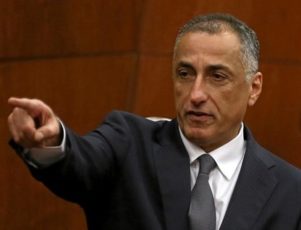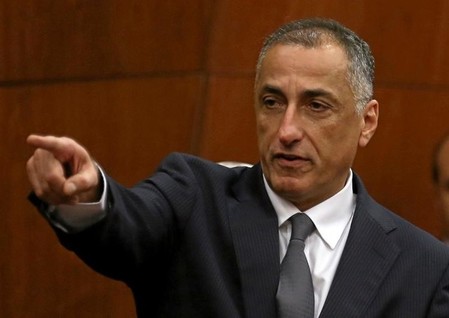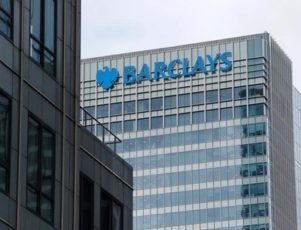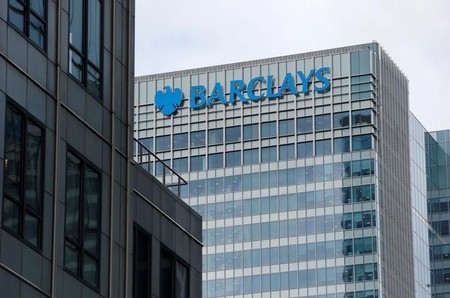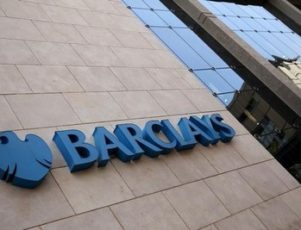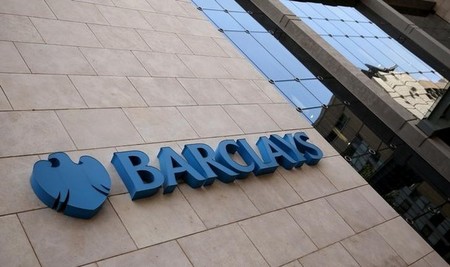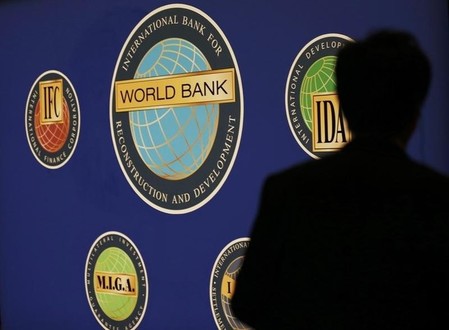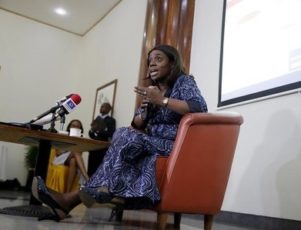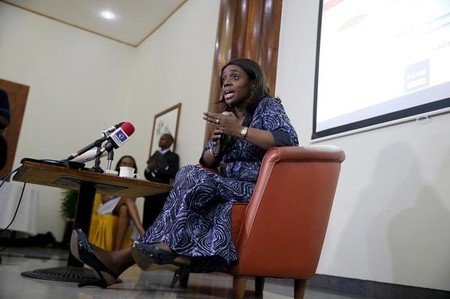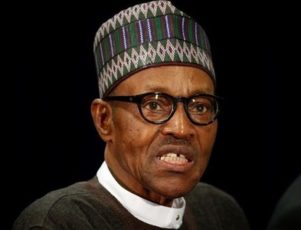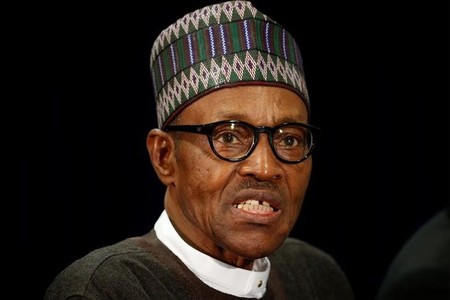CAIRO (Reuters) – Three Egyptian real estate executives said on Thursday that their companies have suspended housing deals with the Saudi Arabian government amid political tensions between the two countries.
A Saudi housing ministry official denied that any project had been suspended.
Four Egyptian real estate companies had signed memorandums of understanding with the Saudi Housing Ministry during King Salman’s April visit to Cairo last year.
Since then, political differences have emerged as the two Arab powers have diverged on the conflict in Syria, and an Egyptian court blocked the transfer of two Red Sea islands to Saudi Arabia which Cairo had agreed during Salman’s visit.
Al Ahly for Real Estate Development, Talaat Mostafa Group, Misr Italia, and Orbit Group were to build housing units in Saudi Arabia. Details of the deals were not clear, but local media had said each firm would build between 10,000 to 15,000 units.
“We suspended the agreement with the Saudi Housing Ministry despite all project studies being concluded because of worries over tensions between Egypt and Saudi Arabia,” Al Ahly for Real Estate Development Chairman Hussein Sabour told Reuters.
Misr Italia Deputy Chairman Mohamed al-Assal said his company was no longer in contact with Saudi Arabia over the deal.
“The agreement was cancelled due to a lack of cooperation from the Saudi side and a breakdown in communications between both sides since last June,” he told Reuters.
Orbit Group also told Reuters its agreement with Saudi Arabia was suspended but declined to provide details. Talaat Mostafa Group has not said that it has suspended work, and did not respond to requests for comment.
A Saudi official denied that projects had been suspended.
“There has been no suspension of any deal between Egyptian real estate developers and their Saudi clients,” Naif Abdulmouhsin Al-Rasheed, an advisor to the housing minister and general manager of Investments and Real Estate Development in the ministry, told Reuters in a written statement.
He said the notion that “any alleged tension between Saudi Arabia and Egypt is causing a strain on bilateral economic partnerships is categorically false”.
“In fact, there are advance dealings that are still taking place with specific projects. In addition, the Ministry of Housing welcomes any interest from both local and international developers, including our valued Egyptian partners,” he added.
Signs of political disagreements between Egypt and Saudi Arabia became apparent months after the two countries signed various agreements worth $22.6 billion during Salman’s visit in April.
Saudi Arabia’s state oil firm Aramco halted shipments of oil products to Egypt in October without providing reasons.
Egypt voted in favour of a Russian-backed U.N. resolution on Syria in October that excluded calls to stop bombing Aleppo, which Saudi Arabia strongly opposed.
An Egyptian court rejected last month a government plan to transfer two uninhabited Red Sea islands to Saudi Arabia, a final ruling that deepened tensions between the Arab World’s most populous state and its richest.
Officials from both countries deny the existence of tensions or disagreements.
(Reporting by Afaf Ammar and Katie Paul in Riyadh, Writing by Ahmed Aboulenein; Editing by Dominic Evans and Toby Chopra)
Read more

